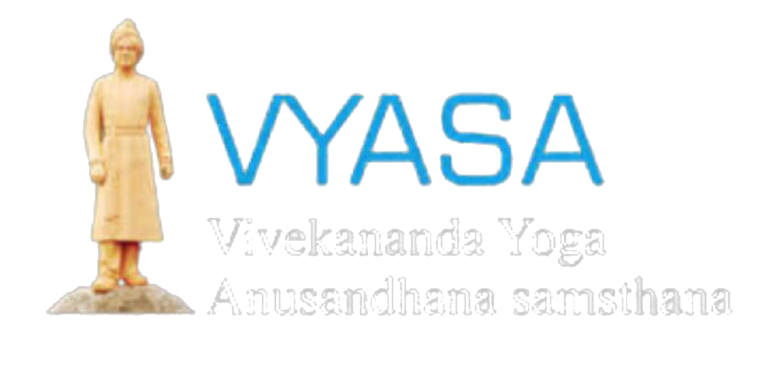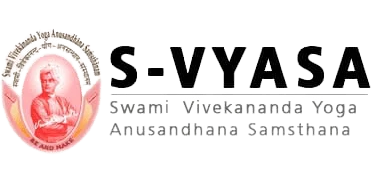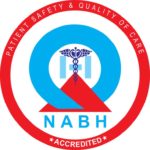Hypertension - Prevention and Management
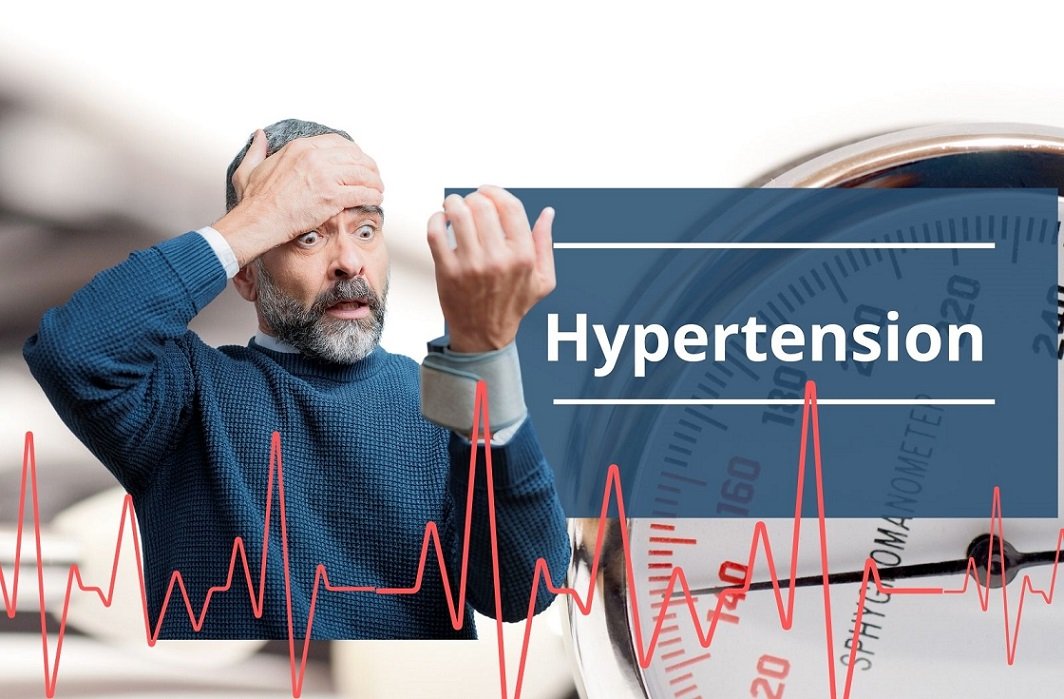
What is Hypertension?
Hypertension, is also called increased Blood pressure than the normal range. Medically it is termed essential hypertension. It is the most common lifestyle disorder in the present era. It is a condition in which the blood pressure is chronically raised. Normal range of blood pressure is considered as 120/80 mmHg. When a person's systolic blood pressure is consistently 140 mm Hg or higher, and/or their diastolic blood pressure is consistently 90 mm Hg or higher it is considered to be hypertensive.
Types of Hypertension
- Primary Hypertension
- Secondary Hypertension
- Isolated Systolic Hypertension: Common in aged people due to reduced vascular compliance, systolic B.P > 160 mm of Hg with Diastolic pressure < 90 mm of Hg.
- Neurogenic Hypertension: It can be caused by strong stimulation of the sympathetic nervous system.
Causes
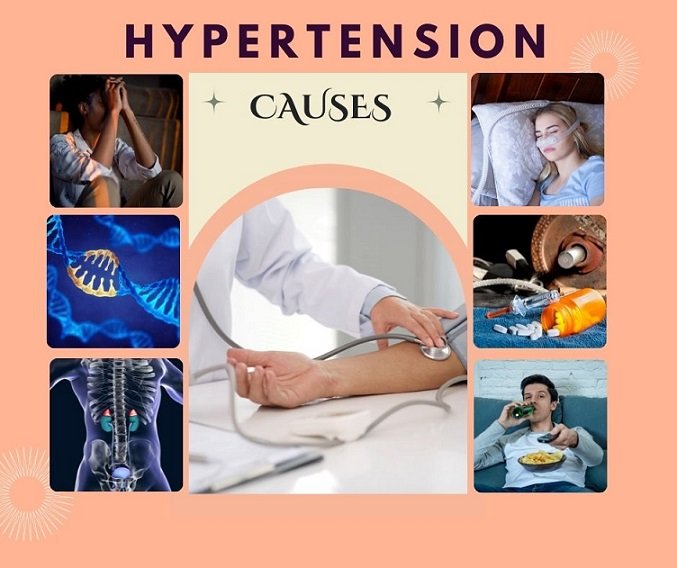
- Hereditary
- Anxiety/Stress
- Sleep apnea
- Secondary to disease for ex: - adrenal disease, Cushing syndrome etc
- Excessive use of Medications (steroids etc)
- Sedentary lifestyle
Symptoms
If your blood pressure is extremely high, you may experience:
- Severe Headache
- Fatigue
- Dizziness
- Insomnia
- Chest pain
- Vision problems
Risk factors of hypertension
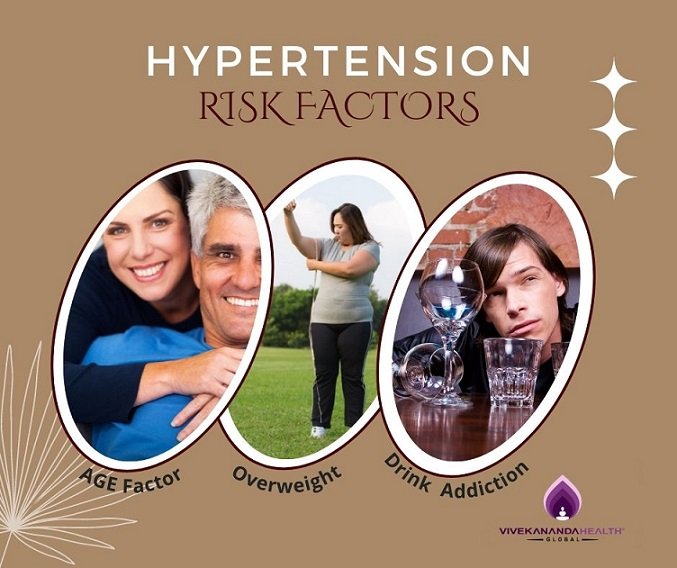
- Age: As your age progresses the risk of high blood pressure will increase. Men are likely to develop high blood pressure at the age of 45 years’ women may develop high blood pressure after the age of 65.
- Family history: High blood pressure tends to run in families.
- Being overweight or obese: Keep a close watch on your weight. The more you weigh the more is the blood needed to supply oxygen and nutrients to your tissues. The more blood you need the more blood pressure on vessels will increase, putting pressure on artery walls.
- Too much salt in your diet: Too much sodium in your diet can cause your body to retain fluid, which increases blood pressure.
- Too little vitamin D in your diet: Vitamin D may affect an enzyme produced by your kidneys that affects your blood pressure.
- Addiction: Drinking too much alcohol, Smoking cigar etc.
Complications
- Heart attack/Stroke
- Chronic kidney dysfunction
- Weakened and narrowed blood vessels in your kidneys
- Thickened, narrowed or torn blood vessels in the eyes
- Trouble with memory or understanding
- Dementia
- Aneurysm
Range of blood pressure
| category | systolic | diastolic |
|---|---|---|
| Normal | 90-119 | 60-79 |
| Prehypertension | 120-139 | 80-89 |
| Stage 1 hypertension | 140-159 | 90-99 |
| Stage 2 hypertension | 160-179 | 100-109 |
| Stage 3 hypertension | ≥180 | ≥110 |
Management
- Lifestyle modifications: The international society of Hypertension provides the following guidelines
- Reduction of salt
- Healthy diet- with whole grains, vegetables, polyunsaturated fats and reducing sugar and saturated fat.
- Healthy drinks- moderate intake of coffee and tea (green or black)
- Moderate alcohol consumption
- Cessation of smoking
- Regular physical activity
- Reduced exposure to air pollution and cold temperature
- Diet therapy - DASH diet
- Dietary approaches to stop hypertension are the DASH Diet. It includes high potassium & magnesium rich food, low sodium food and low saturated foods.
- Apple, Banana, Grapes, Peaches, Butter fruit, berries and melons are very good to bring down your High BP.
- Include dry fruits like almonds, raisins and pistachios.
- Take all green leafy vegetables, beans, carrot, beetroot and gourd vegetables.
- Intake of Beetroot and carrot juice in an empty stomach have a very significant effect in reducing BP and there are scientific papers available to support this.
- Coconut water reduces systolic blood pressure and supports cardiac muscles.
- Ginger cardamom tea
Ayurvedic management
Increased blood pressure can be managed with the help of integrative therapies such as Shirodhara, shiro abhyanga, abhyanga, diet therapy, acupuncture and yoga therapy. Lifestyle modification with therapies will definitely help in reducing your high blood pressure. If you are already under any medications, you must follow up with a doctor, monitor your BP and then taper your medicine under the doctor guidelines.
Ayurveda defines hypertension as raktachapa. Vyana Vata seated in the heart and is responsible for blood circulation and the controlling factor is pranavata. Therefore there is imbalance at both levels in hypertension. This imbalances increases with factors such as stress.
External therapies of Ayurveda such as taila dhara, ksheera dhara help in balancing the vata, reducing your stress physically and mentally. There by your increased blood pressure will come down. Shirodhara leads to a state of alert calmness similar to the relaxation response observed in meditation. The clinical benefits observed with Shirodhara in anxiety neurosis, hypertension, and stress aggravation due to chronic degenerative diseases could be mediated through adaptive physiological effects.
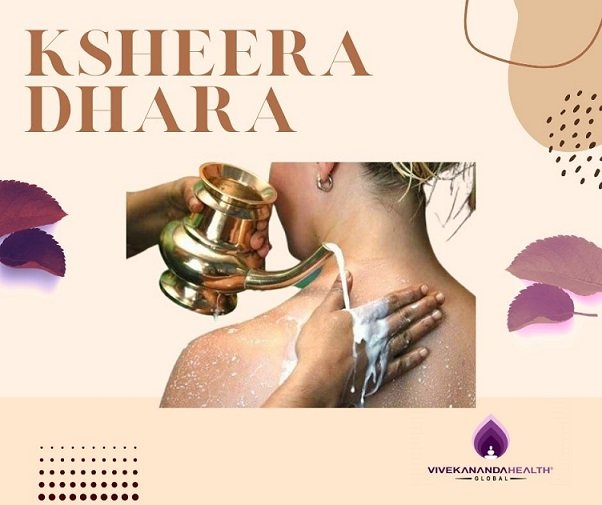
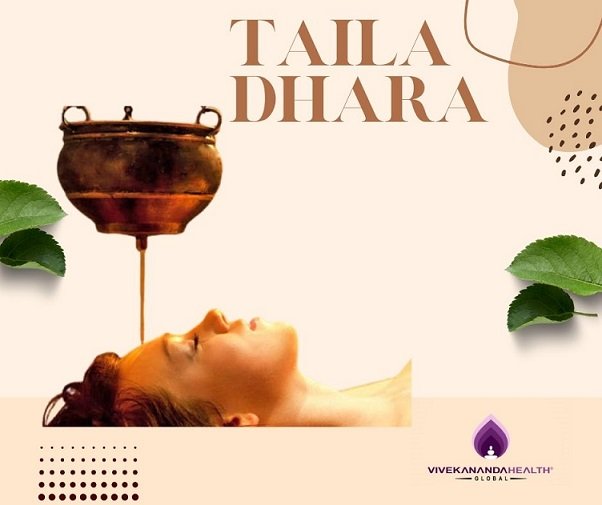
Internal therapies such Panchakarma therapies of Virechana, Basti and raktamokshana are very useful in management of hypertension. Virechana is the most effective as it clears the obstruction and eliminates the doshas from rakta and regulates activity and movement of Vata
Single herbs
Garlic (Allium sativum) - The sulphur content in garlic is said to work on the nitric oxide system to relax the arteries and thus lowers systolic BP. The antioxidative and antihypertensive effect of garlic has been observed in hypertensive individuals. 2 pearls of garlic a day can prove to be cardioprotective.
Arjuna (Terminalia arjuna) - Ideal herb to correct circulatory imbalances. It has antioxidant cardioprotective properties. Decoction of the bark is recommended.
Ashwagandha (Withania somnifera) - Herb good for immunity, anxiety and stress and controls blood pressure levels. Boiling Ashwagandha with milk and water is recommended.
Yogic management
Regular practice of yoga including breathing exercises, asanas, relaxation technique & pranayama will help in reducing prehypertension and hypertension.
Yoga practices will improve the immunity, energizes and relaxes our body & mind. Yoga with synchronizing breath will help in enhancing our awareness to body and breath. It also helps in reducing complications of increased BP. Hypertension is known as ‘silent killer’ as it does not show any sign and symptom in initial stage. When the blood pressure is high the feedback system cannot maintain homeostasis as the heart sends signals to the brain for need of more oxygen. Therefore the heart beats faster to get the extra oxygen needed possibly causing higher blood pressure. Yoga can work in balancing this overactivity of nervous system.
Recommended Yoga Practices
- Breathing exercises such as Hand's in and out breathing, Hand stretch breathing
- Loosening exercises with breathing
- Asana practices such as Ardhakatichakrasana, Vakrasana, Bhujangasana
- Pranayama- Nadishuddhi, Bhramari
- OM chanting
Article By :
Dr.Vasudha Sharma

